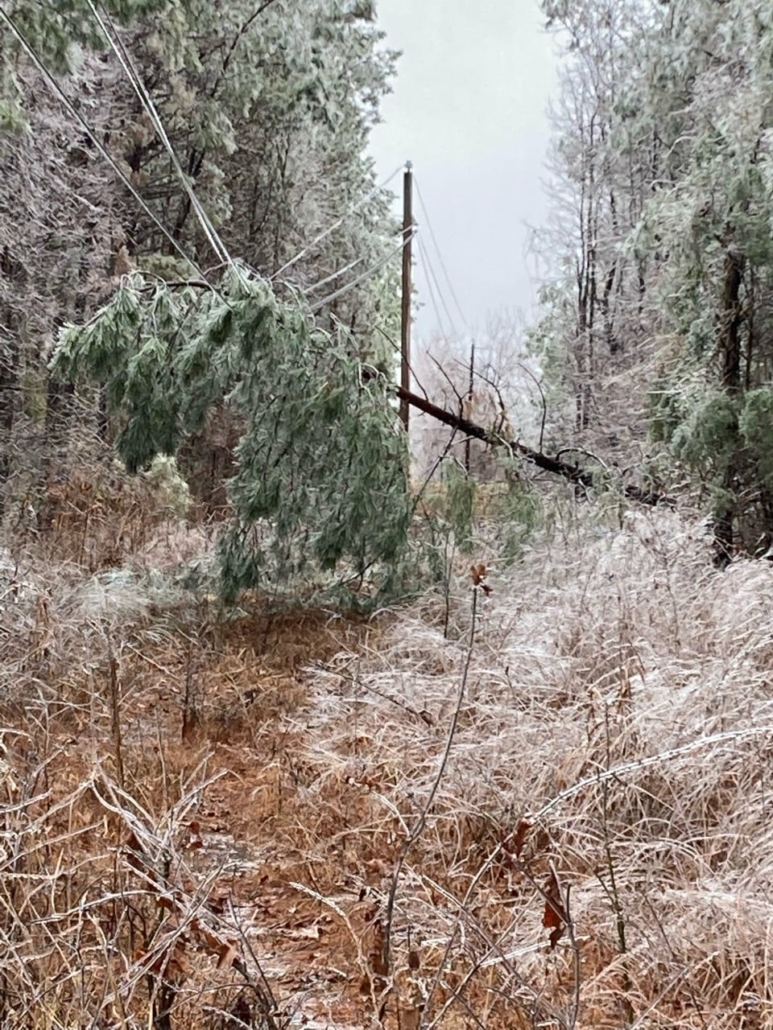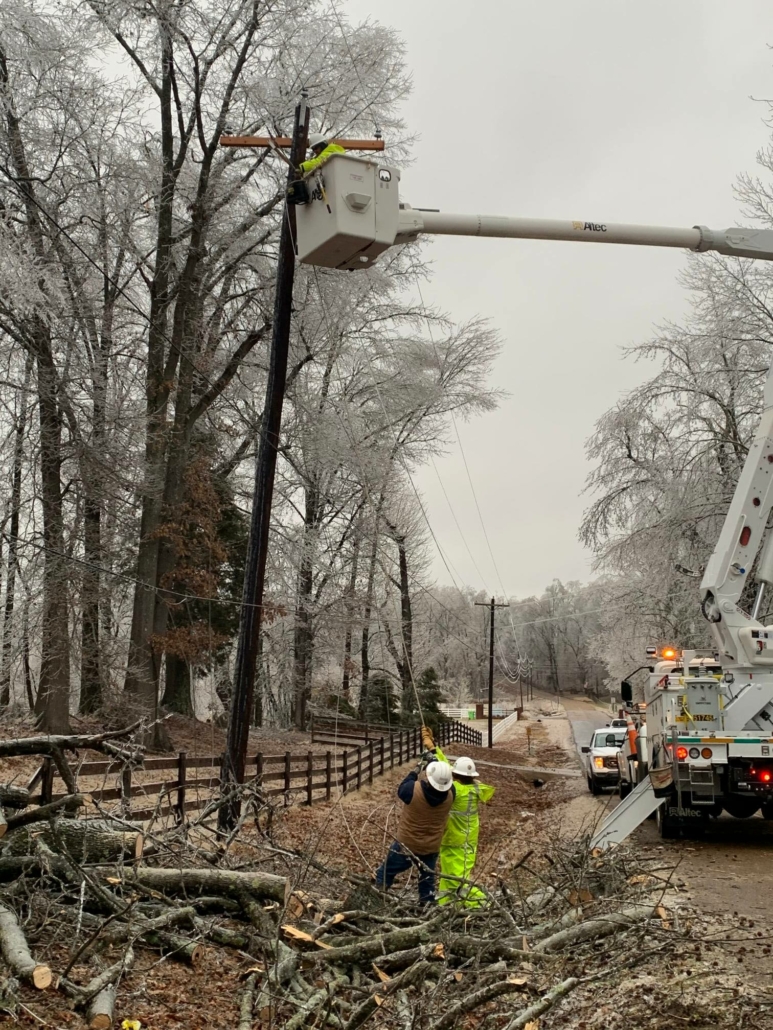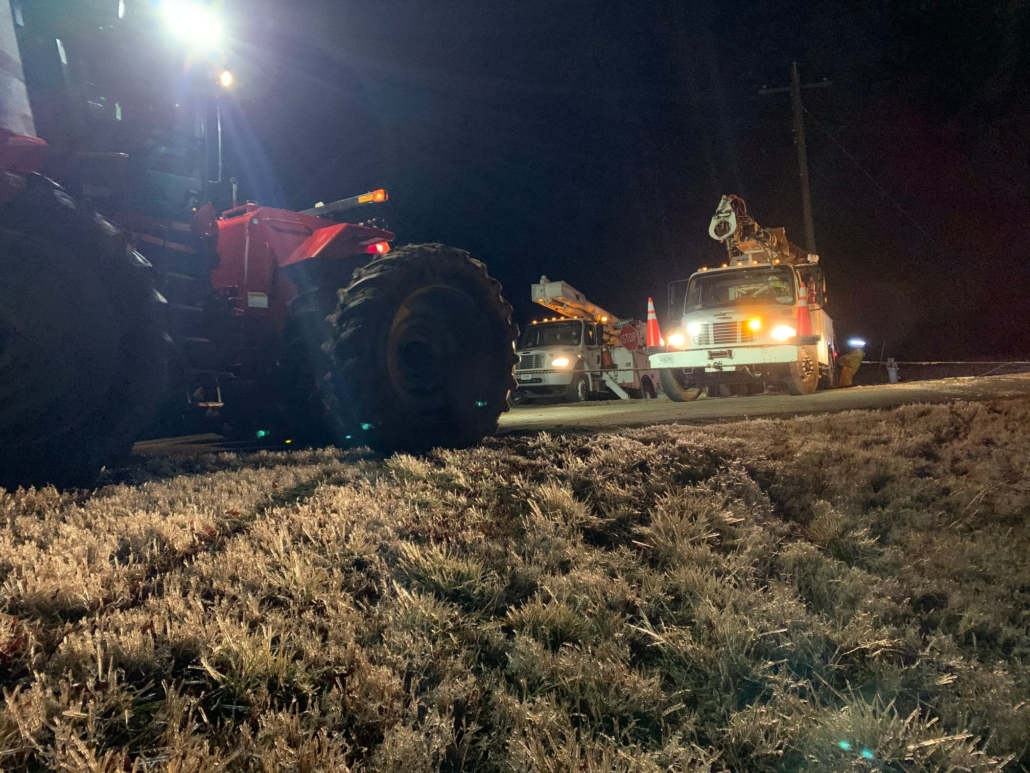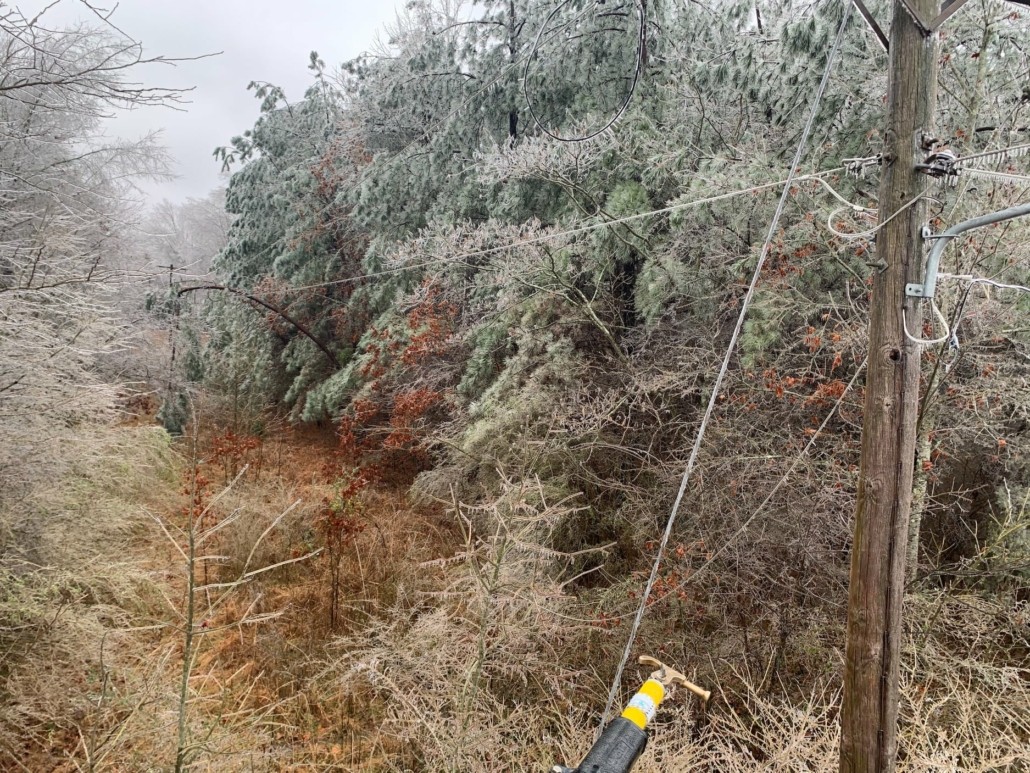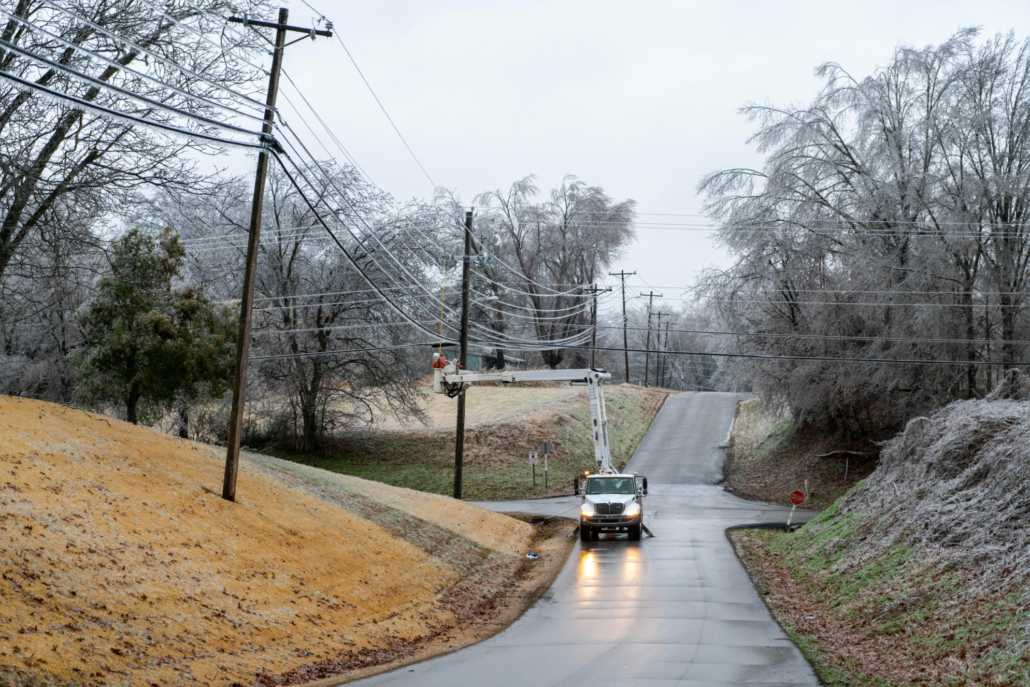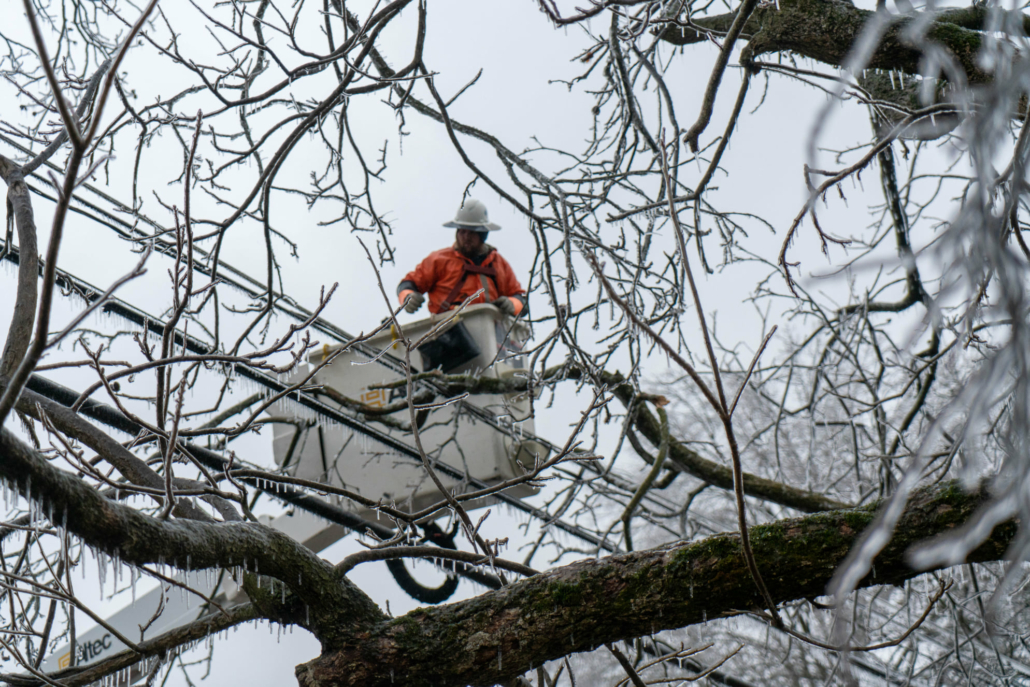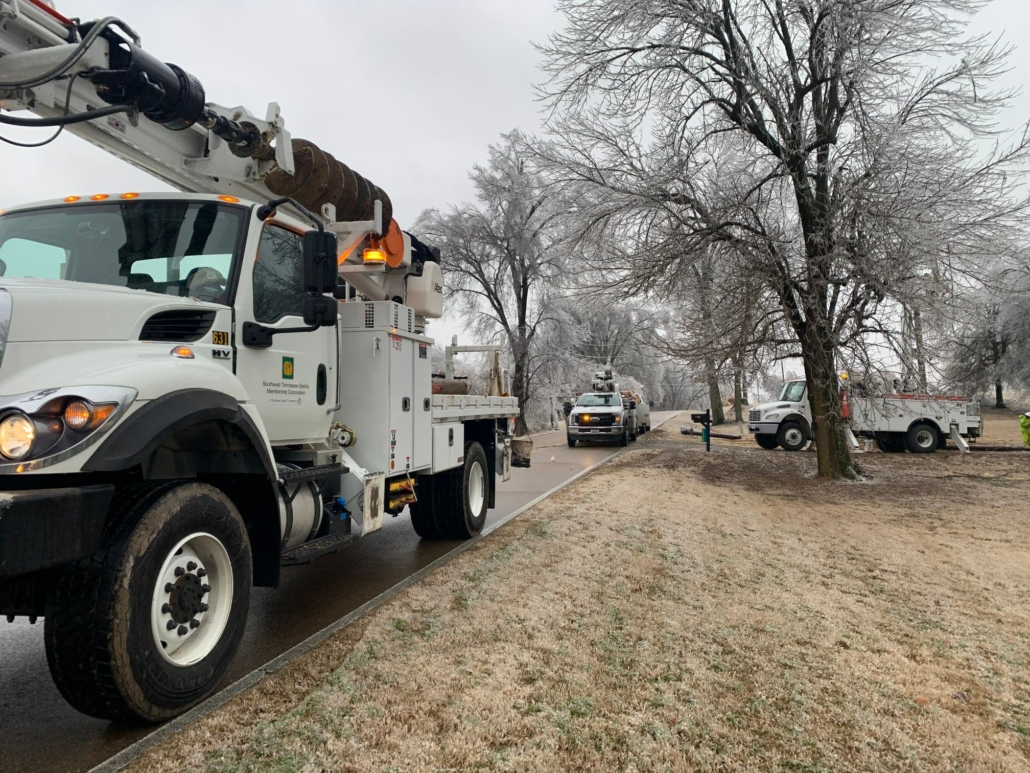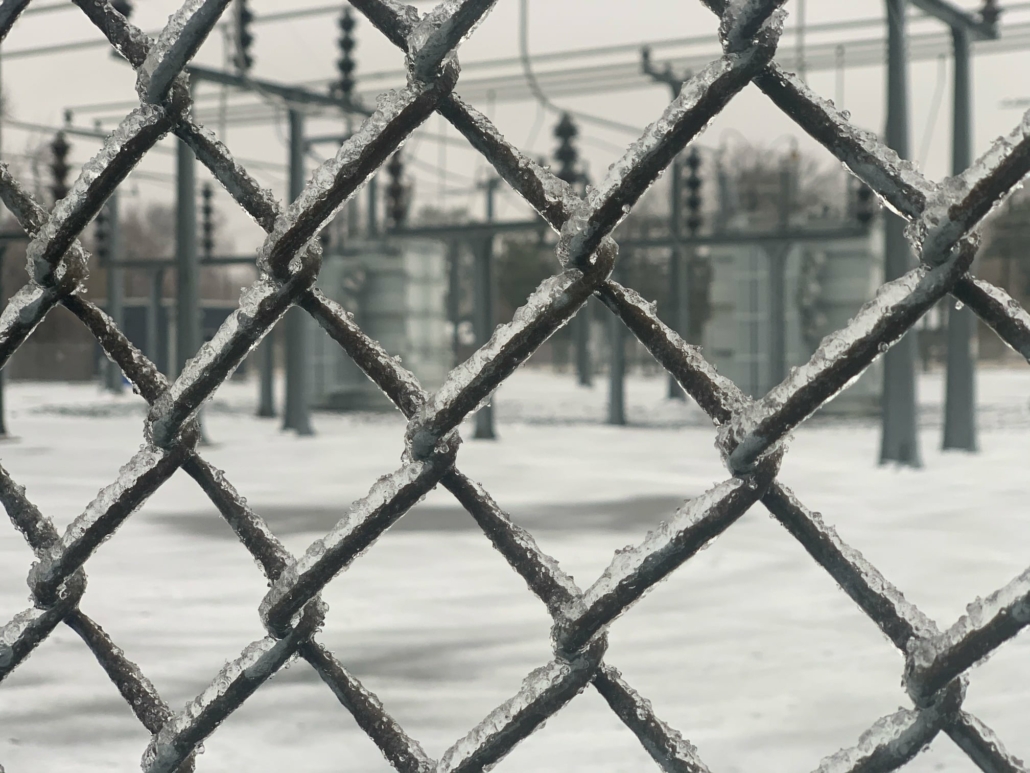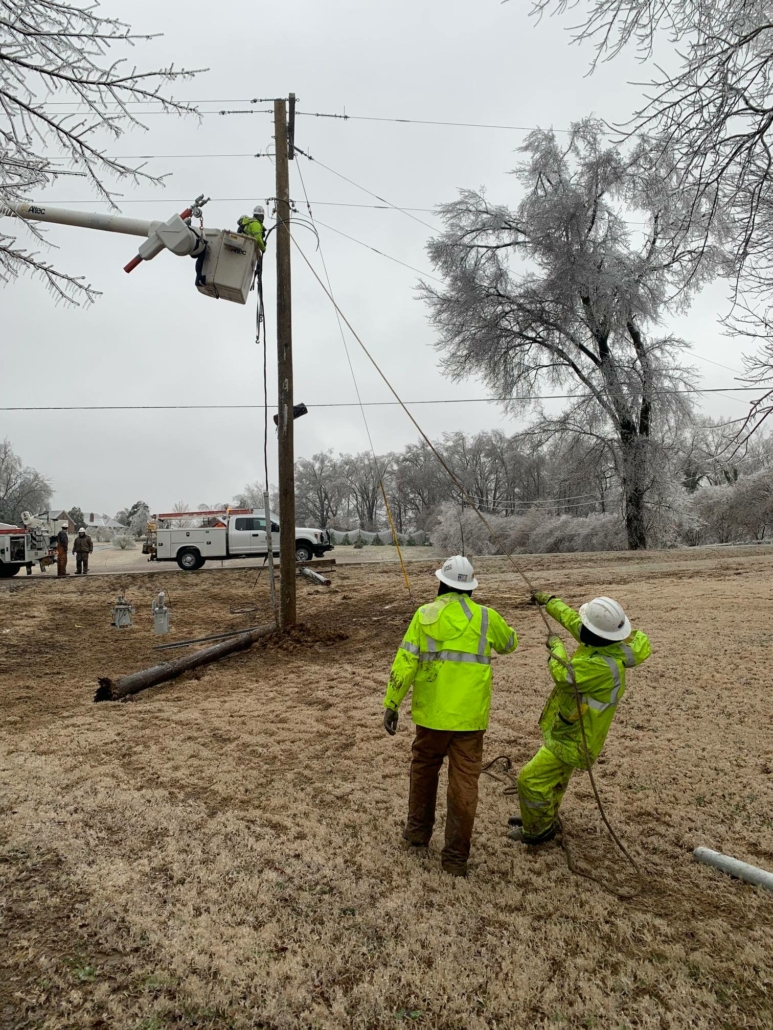With the 2022 Winter Olympics underway, some of the world’s most exceptional athletes have taken the stage to compete for the gold. From snowboarding to skiing to figure skating, there are a variety of events taking place that will have you cheering for Team USA from your living room.
While the Olympics are happening on the other side of the globe, did you know that Tennessee is home to a company that specializes in none other than figure skating boots?
Last October, figure skating boot manufacturer SP-Teri announced plans to invest more than $430,000 to relocate and expand its headquarters and manufacturing operations from Nashville to McEwen, Tennessee.
It’s easy to wonder how such a specialty manufacturer like SP-Teri landed in a state as hot as Tennessee, so without further ado, let us explain.
Founded in California by Joseph Spiteri in 1963, SP-Teri has served elite figure skaters by manufacturing ice skate boots for more than 50 years.
When the founder’s son, George, decided to retire in 2019, a two-time Olympic figure skating competitor and current coach with Nashville Skating Academy, Bill Fauver stepped up to the plate to assist in purchasing the company as he had previously served SP-Teri as a brand and sales representative for Tennessee.
Thus, SP-Teri’s operations moved from California to Tennessee just months before March of 2020 when Nashville was struck by the horrific tornados.
SP-Teri was among the list of businesses that experienced complete devastation, and about three months after settling in Davidson County, the company had to find a new location for its operations.
Fast forward to 2021, company president Bill Fauver settled SP-Teri in McEwen, Tennessee, operating in the former OshKosh B’gosh building. McEwen is served by Meriwether Lewis Electric Cooperative.
Just when one might think that blue skies were ahead, Humphreys County experienced torrential flooding, and in its path was SP-Teri’s new facility.
Fortunately, aside from roof damage, the building remained intact, and SP-Teri was able to maintain production.
Now that 2022 is in full swing, things are looking up as the company is in talks with Chattanooga-based Moonlight Roller about manufacturing roller skate boots.
“That is the bright future,” said Fauver. “The company has done well out of Chattanooga and is trying to bring production to the United States.”
Although Fauver weathered two of Tennessee’s roughest storms, his outlook remains positive as the company will continue to operate here in Tennessee.
Regarding working with Moonlight Roller, Fauver mentioned that “there won’t be shipping issues” and that the company “will be able to pivot design changes easily.”
“We think there will be some opportunities for us to offer a complete roller skate down the road,” Fauver said.
While the company may be shifting its focus to roller skate boots in the short term, they will continue manufacturing ice skate boots, keeping SP-Teri’s legacy alive.
According to Fauver, the busy season is year-round for competitive skaters, but there is always an uptick in activity for public skating during the Olympics.
“You’ve got more skaters wanting to learn to skate, and then more people wanting boots,” he explained.
Whether it’s ice skating or roller skating, remember, the next time you find yourself slipping on a pair of skates, know that the boots may have been mastered in Tennessee.
This story originally appeared on the TNECD website. Thanks to Lindsey Tipton for permission to share.

